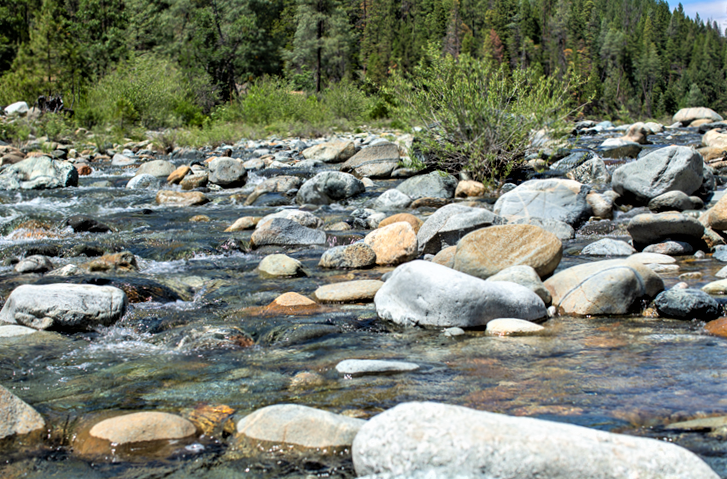The California Department of Fish and
Wildlife (CDFW), Department of Cannabis Control (DCC) and State Water Resources
Control Board (SWRCB), have aligned their enforcement teams for the 2022
cannabis growing season.
Multiagency Task Force Prepares For Cannabis Enforcement Season





